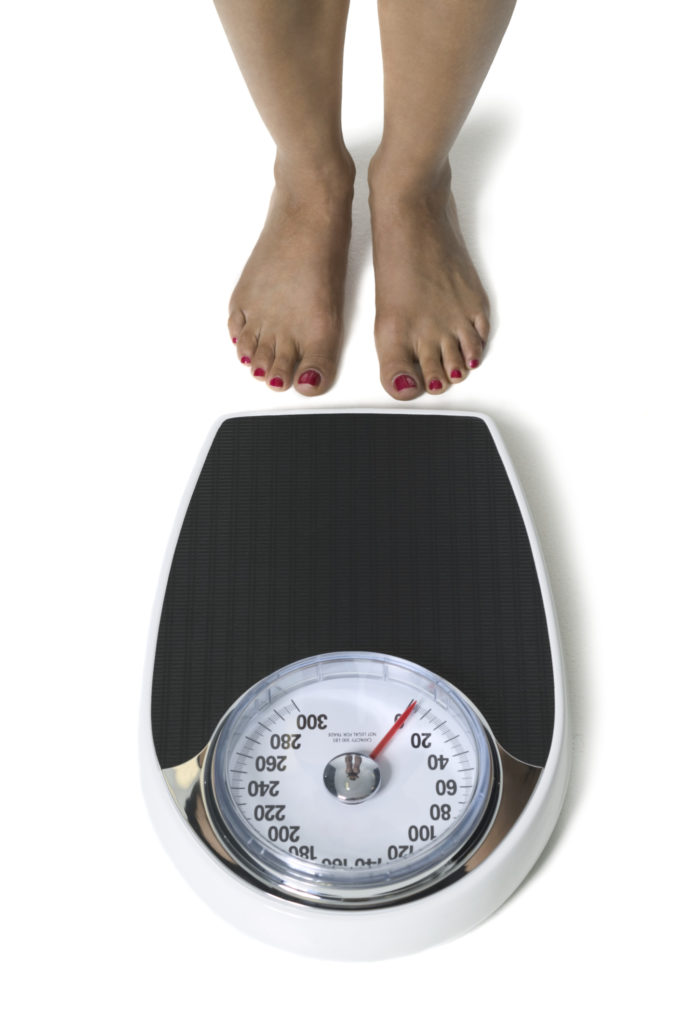Most of us understand that body weight is affected by the food we eat and how much exercise we get on a weekly basis. But, did you know that there are a large variety of factors that go into our body weight and body composition? Our weight fluctuates based on our activity levels, diet, genetics and even hormones. Here’s how those internal and external factors impact our weight.
Genetics and Health
Our genetics play a huge role in our body composition. They tell our bodies how to react to our environment, especially when it comes to how our body types handle our lifestyles. Our body type is determined by genetics. Your body could be more of an apple shape, or a pear. Genes can make your body more likely to hold onto extra weight, or make it extremely difficult to lose weight. Genes, in combination with a sedentary lifestyle or poor nutrition habits, can increase the likelihood of becoming overweight in comparison to others who may not have those same genetic factors. Health conditions such as polycystic ovary syndrome or Cushing’s disease also contribute to weight gain.
Hormones
Like genetics, the kind and amount of hormones your body releases is in reaction to your environment. Cortisol, a hormone released when you feel stressed, causes your body to store more fat and feel hungrier than it would when you’re not stressed. There are other hormones that contribute to weight gain or loss. Metabolism is determined by a hormone called thyroxine. Some people’s bodies produce more or less thyroxine, resulting in a faster or slower metabolism.
Lifestyle
Of course, the way we eat and how much we move impacts our weight. The basic formula for maintaining weight is to eat as many calories as our bodies need to complete daily activities and exercise. The type of calories consumed is also important; you can’t exercise your way out of a poor diet. Make sure you follow MyPlate guidelines and eat whole fruits and vegetables, make half of your grains whole, stick to lean protein, eat low-fat dairy products and reduce added sugars and sodium in your diet. On the physical activity side, healthy adults should get 75 minutes of vigorous activity, 150 minutes of moderate activity or a combination of the two per week.
Sleep Habits
Do you get at least seven and a half hours of sleep each night? If not, it could impact how your body stores energy. Not getting enough sleep has been linked to weight gain. When you aren’t well rested, your body releases more ghrelin, or the hunger hormone, and less leptin, the satiety hormone. This makes you hungrier and less likely to be satisfied after you eat, possibly leading to weight gain. There are plenty of strategies to try if you find it difficult to fall or stay asleep, such as creating a bedtime routine to get your mind ready for sleep. Getting on a regular routine will help level out those hunger and satiety hormones and make it easier for you to stick to your weight maintenance goals.
It’s important to remember that our body needs fat in order to survive. It protects our organs, helps keep us warm and where our bodies store its energy. Always talk with your doctor before starting any kind of weight loss, gain or maintenance plan to find out what will work best for your body.

